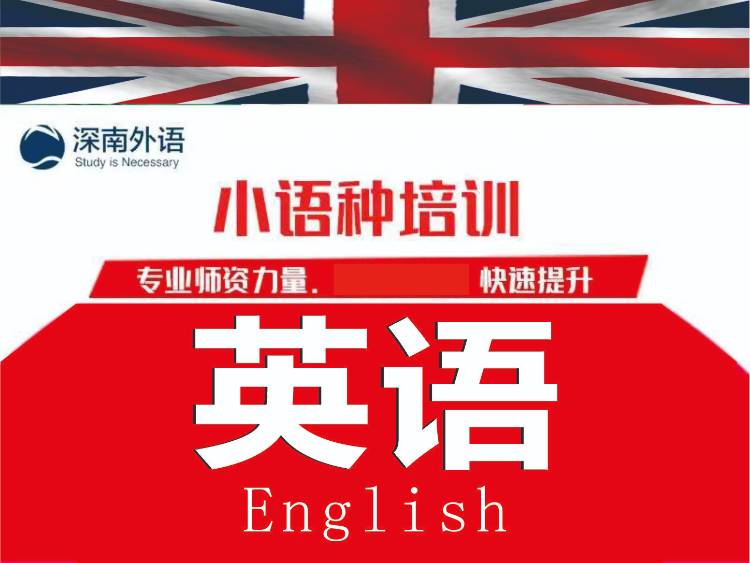職稱英語(yǔ)理工類(lèi)A級(jí)完形填空題詳解03
發(fā)布者:網(wǎng)上發(fā)布
"Liquefaction" Key to Much of Japanese Earthquake Damage
The massive subduction zone1 earthquake in Japan caused a significant level of soil "liquefaction"2 that has surprised researchers with its 1 severity, a new analysis shows.
"We’ve seen localized3 examples of soil liquefaction as extreme as this before, but the distance and 2 of damage in Japan were unusually severe," said Scott Ashford, a professor of geotechnical engineering4 at Oregon State University5. "Entire structures were tilted and sinking into the sediments," Ashford said. "The shifts in soil destroyed water, drain and gas pipelines6, crippling the utilities and infrastructure these communities need to 3 . We saw some places that sank as much as four feet."
Some degree of soil liquefaction7 is common in almost any major earthquake. It’s a phenomenon in which soils soaked with water, particularly recent sediments or sand, can lose much of their 4 and flow during an earthquake. This can allow structures to shift or sink or 5 .
But most earthquakes are much 6 than the recent event in Japan, Ashford said. The length of the Japanese earthquake, as much as five minutes, may force researchers to reconsider the extent of liquefaction damage possibly occurring in situations such as this8.
"With such a long-lasting earthquake, we saw 7 structures that might have been okay after 30 seconds just continued to sink and tilt as the shaking continued for several more minutes," he said. "And it was clear that younger sediments, and especially areas built on 8 filled ground, are much more vulnerable."
The data provided by analyzing the Japanese earthquake, researchers said, should make it possible to improve the understanding of this soil 9 and better prepare for it in the future. Ashford said it was critical for the team to collect the information quickly, 10 damage was removed in the recovery efforts9.
"There’s no doubt that we’ll learn things from what happened in Japan10 that11 will help us to reduce risks in other similar 11 ," Ashford said. "Future construction in some places may make more use of techniques known to reduce liquefaction, such as better compaction to make soils dense, or use of reinforcing stone columns."
Ashford pointed out that northern California have younger soils vulnerable to liquefaction --on the coast, near river deposits or in areas with filled ground. The "young" sediments, in geologic terms, may be those 12 within the past 10,000 years or more. In Oregon, for instance, that describes much of downtown Portland, the Portland International Airport and other cities.
Anything 13 a river and old flood plains is a suspect12, and the Oregon Department of Transportation has already concluded that 1,100 bridges in the state are at risk from an earthquake. Fewer than 15 percent of them have been reinforced to 14 collapse. Japan has suffered tremendous losses in the March 11 earthquake, but Japanese construction 15 helped prevent many buildings from collapse --even as they tilted and sank into the ground.












